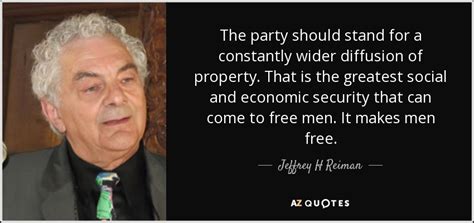A Quote by David Rice
Slavery naturally tends to destroy all sense of justice and equity. It puffs up the mind with pride: teaches youth a habit of looking down upon their fellow creatures with contempt, esteeming them as dogs or devils, and imagining themselves beings of superior dignity and importance, to whom all are indebted. This banishes the idea, and unqualifies the mind for the practice of common justice.
Related Quotes
What greater weakness can there be than not to know what is the source of one's being, of one's life, of one's senses, of one's knowledge, and what is to be their end? What can be more deeply disheartening than to wonder whether one's soul is, perhaps, a material thing, like a stone or a reptile, corruptible like these base creatures? Is there not more strength and greatness of mind in admitting the idea of a being superior to all other beings, who has made them all and to whom all owe their existence; of a being supremely perfect, who is pure, who had no beginning and can have no ending, of whom our soul is the image and, so to speak, a portion, being a spiritual and immortal thing?
I love life and want to hold onto it. But my passion for justice for my tormented people, for their dignity and freedom, must be greater still. For of what value is a life of slavery, of humiliation and contempt for that which you hold most dear: Your identity! I will therefore not give in to the Turkish Inquisition.





































